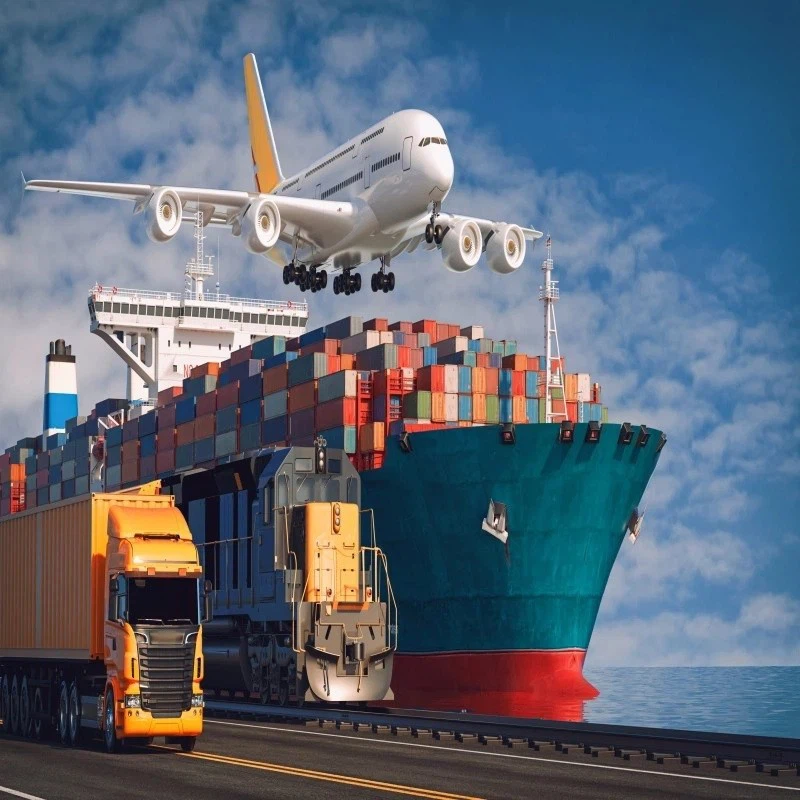How this fleet expansion reshapes container shipping capabilities
Israeli container line ZIM has locked in ten modern 11500 TEU vessels through long-term charter agreements, signaling major capacity upgrades across key trade routes. The ships, scheduled for delivery between 2027-2028, feature advanced dual-fuel methanol technology - a critical move as carriers adapt to stricter environmental regulations.
Why This Deal Matters for Shippers
- Capacity Boost: Each newbuild can carry 11,500 containers (TEU), filling the gap between smaller feeder vessels and ultra-large ships.
- Trade Route Flexibility: Ideal for secondary East-West lanes and major North-South corridors like Asia-South America.
- Emission Compliance: Methanol-ready engines future-proof operations against IMO 2030/2050 decarbonization targets.
Industry analysts note this positions ZIM to better handle volatile demand while offering clients:
- Improved schedule reliability
- Faster transit times on mid-volume routes
- Cleaner transportation options
"These vessels hit the sweet spot for regional trades where port infrastructure can't handle 20,000+ TEU giants," said XMAE Logistics' maritime analyst. "For forwarders and BCOs, this means more consistent equipment availability during peak seasons."
The Green Shift
The methanol dual-fuel capability allows 80-95% CO2 reduction compared to conventional fuels. This aligns with:
- EU's FuelEU Maritime regulations
- California's CII requirements
- Major retailers' Scope 3 emission targets
What This Means for Your Supply Chain
As carriers modernize fleets, shippers gain:
- Better fuel efficiency → Lower bunker surcharges
- Increased cold chain capacity → Critical for perishables
- Enhanced cargo security → Newer vessel safety systems
Need to optimize your container shipping strategy? Contact XMAE's logistics experts to leverage these capacity upgrades in your supply chain planning.


